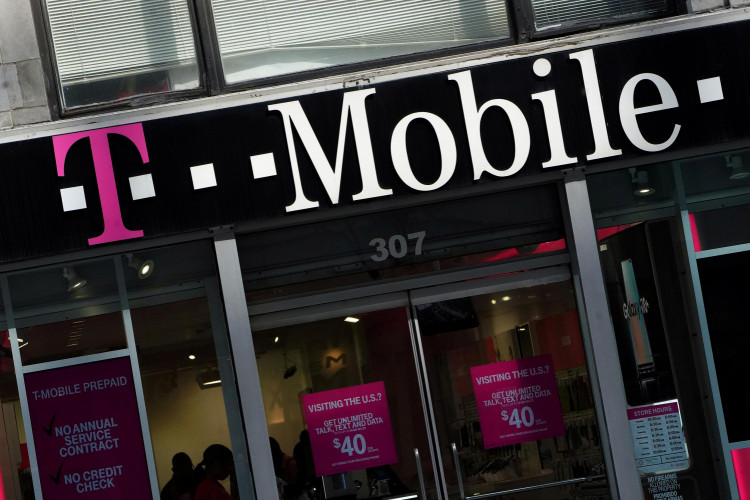Wall Street analysts are becoming increasingly skeptical that T-Mobile US Inc. will complete its $26.5 billion Sprint Corp. acquisition, with the transaction spread at its highest point since it was revealed in 2018.
The gap between the offer price of T-Mobile for Sprint and the trading price, an indicator of the level of the sale, has risen from a low of 53 cents in May 2018 to $2.85 a share on Thursday.
The transaction's main impediment, which the U.S. Department of Justice and the Federal Communications Commission already have approved, is a court challenge brought by Democratic Attorneys General from 13 states and the Columbia District. The counsels said they are certain that with higher prices and slower service, the merger would be detrimental to consumers.
As per the 14-day testimony in court last December, and the nature of the queries by U.S. District Judge Victor Marrero during the proceedings, Cowen & Co. analyst Paul Gallant sees a 60 percent chance the decision will favor the states, based on reports, Thursday.
Sprint and T-Mobile stocks have changed little on Thursday, but since a recent peak in July, Sprint has dropped 35 percent, while T-Mobile has dipped less than 7 percent over the same period.
The case will help determine the fate of the U.S. wireless industry as the two smaller regional carriers attempt to combine into a more powerful alternative to Verizon Communications Inc. and AT&T Inc.
The key question is whether the merger of T-Mobile and Sprint will actually narrow the playing field to three national carriers or whether, under a proposal approved by U.S. regulators, Dish Network will reduce the playing field to three national carriers.
Gallant, a former FCC legal adviser, said the attorneys general may have successfully portrayed the issue as too much concentration in the industry.
The private texts of the parties and Marrero's own questions, according to Gallant, repeatedly referred to this as a' 4-to-3 fusion.'" If so, it "probably met their initial burden of proof," he said, noting that companies have attempted to address higher price issues.
T-Mobile has pledged to freeze prices for three years to win the approval of the merger, offer free wireless broadband access to 10 million underserved students, and roll out a new $15-a-month data plan capped at 2 gigabytes.
It is unclear whether Judge Marrero views consolidation as necessarily translating to higher prices, and doubts about unilateral price increases have been expressed.






